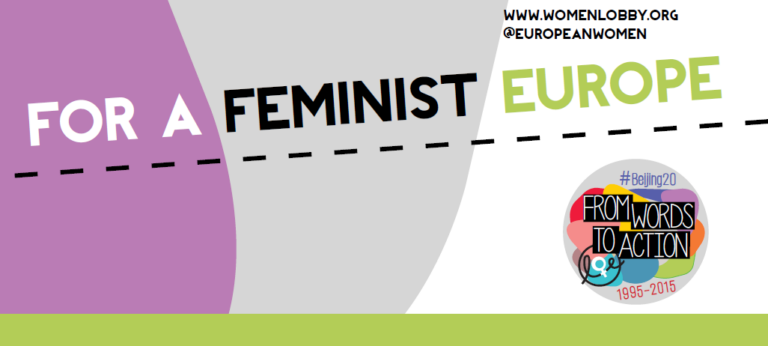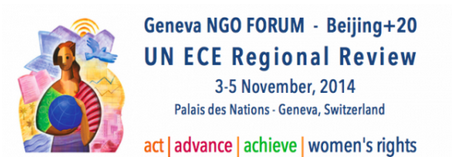[European Parliament, 02 February 2012] EU support in peace processes should be made conditional on women participating in negotiations. That is one of the conclusions of a report on women’s situation in war by Romanian Liberal Norica Nicolai. The report proposes several measures to help reinforce the position of women in war-torn countries and to reduce sexual violence against them. The report will be voted on Thursday.
It calls for the EU and member states to actively increase the number of women in military and civilian peace-keeping operations, especially in leadership positions. In addition there should be sufficient EU funding to support women taking part and contributing at all levels of decision making related to conflict resolution and peace negotiations.
“Women at the negotiating table provide an invaluable gender equality perspective, allowing for the elaboration of women and family-friendly policies. Furthermore, women soldiers, patrolling on equal terms with men, create a strong empowering image for local women and they also interact better at the grass-roots level,” Nicolai said
She is also pushing for the creation of a Special EU Representative on Women, Peace and Security within the European External Action Service. “This post is extremely necessary in order to establish a firm position and plan of action within the EU institutions to combat sexual violence against women.”
The report emphasises that the effects of wartime sexual violence, both physical and psychological, are devastating for the victims. Nicolai added: “I wrote this report bearing in mind the necessity for the European Union to speak with a strong voice condemning the sexual violence against women which is still presently used as a weapon of war in world conflicts.”
The causes often lie in women’s limited access to education and the labour market. That is why the report concludes that women’s equal economic participation is a necessary precondition for combating gender specific violence in armed conflicts. It also calls on the Commission to examine the possibility of establishing rapid-response units made up of trained personnel (such as doctors, psychologists, sociologists and legal advisors) to give immediate support to victims of gender crimes on location.


